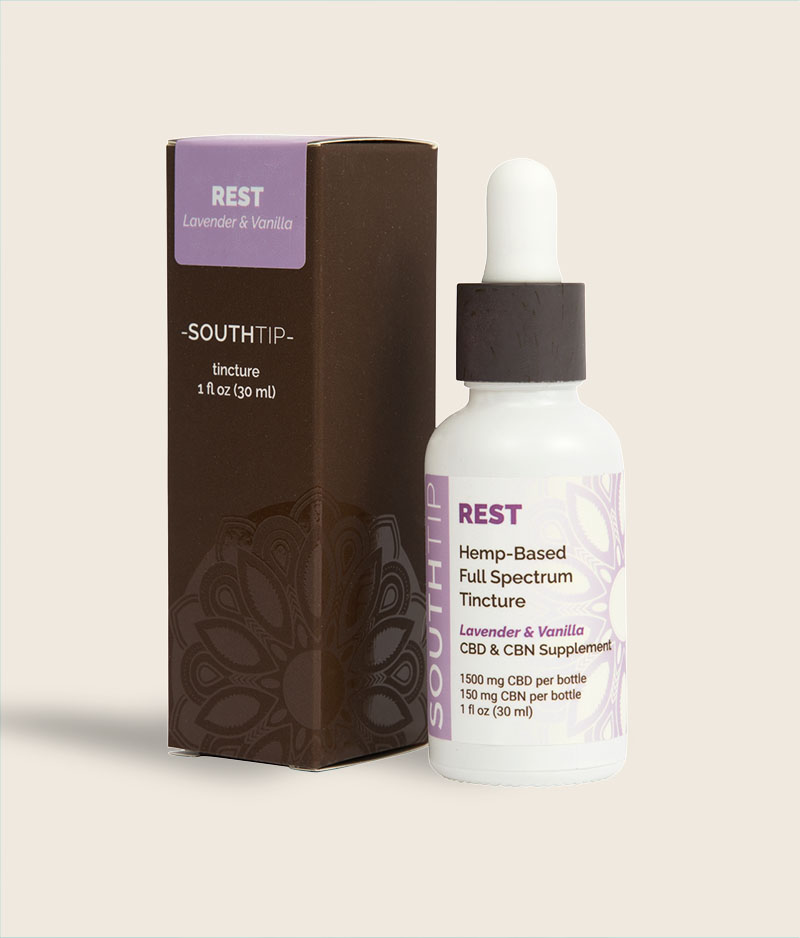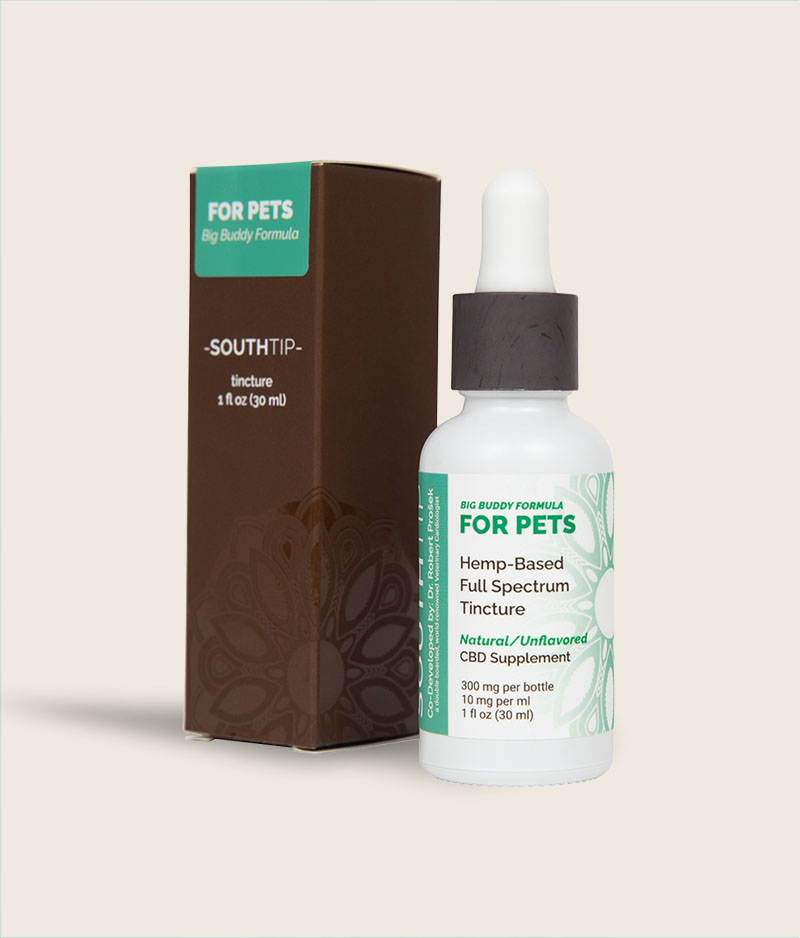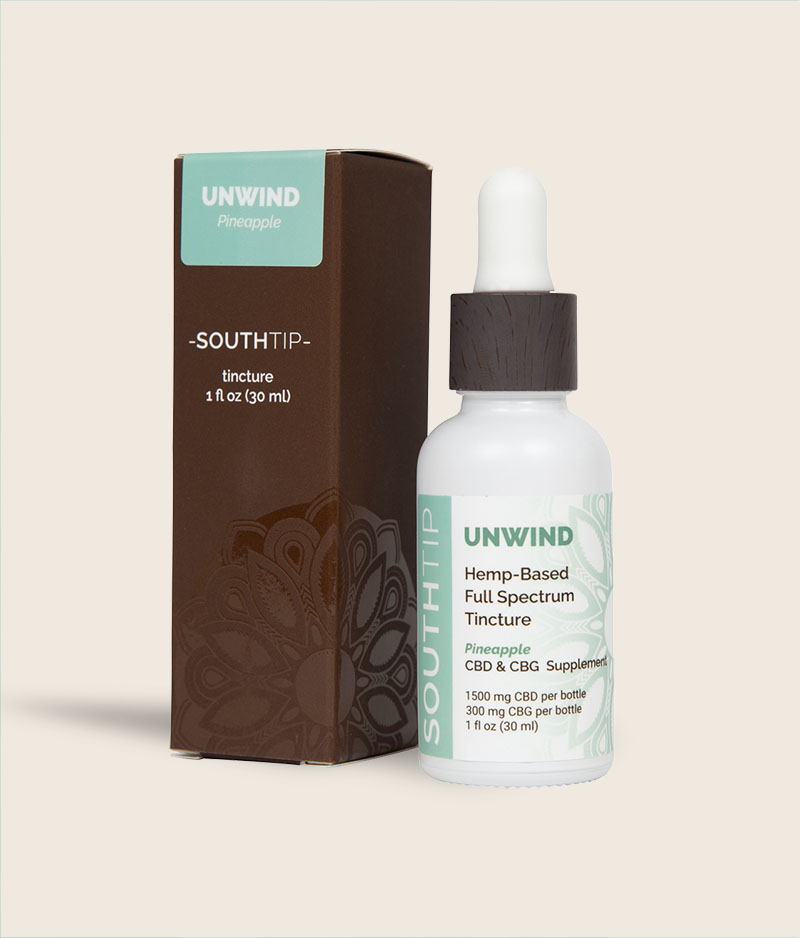my cart
Secure checkout
In recent years, there's been a surge of interest in the world of natural wellness products, with hemp oil and CBD oil at the forefront of this trend. As consumers increasingly seek out holistic and plant-based remedies, the conversation around these oils has grown louder and more complex. However, with this popularity comes a common question: What exactly is the difference between hemp oil and CBD oil?
At first glance, hemp oil and CBD oil may seem interchangeable, but they are fundamentally different in their composition, benefits, and uses.
We aim to demystify these products, offering clear, concise information to help you understand the nuances of hemp oil vs CBD oil. Whether you're a cannabis enthusiast, someone curious about natural supplements, or simply looking to understand more about these popular oils, this guide is tailored for you.
By the end of this article, you'll be equipped with the knowledge to discern between hemp oil and CBD oil and make informed decisions about which might best suit your needs. Stay tuned as we distinguish and clear up the confusion surrounding hemp oil vs CBD oil.

Before diving into the differences between hemp oil and CBD oil, it's essential to understand the basics of each. These oils, derived from different parts of the hemp plant, have unique characteristics and benefits.
Hemp oil, often referred to as hemp seed oil, is a product extracted primarily from the seeds of the hemp plant. It's important to note that hemp seeds contain very little or no CBD or THC (tetrahydrocannabinol, the psychoactive component found in cannabis). Instead, hemp oil is known for being rich in nutrients, fatty acids, and useful bioactive compounds.
Hemp oil is renowned for its nutritional benefits, offering a rich blend of vitamins, minerals, and essential fatty acids like omega-3 and omega-6. These components make hemp oil a popular choice in the health food industry.
Hemp oil is widely used for its nutritional value and is incorporated into various food products. Additionally, due to its moisturizing properties, it's also found in many skincare and beauty products.
CBD oil, or cannabidiol oil, is extracted from the leaves, flowers, and stalks of the hemp plant. Unlike hemp oil, CBD oil contains high concentrations of cannabidiol (CBD), a compound known for its potential therapeutic properties. CBD is one of the many cannabinoids found in the cannabis plant, but unlike THC, it does not produce psychoactive effects.
CBD oil has gained significant attention for its potential health benefits, particularly in managing conditions like chronic pain, anxiety, and sleep disorders. It's available in various forms, including tinctures, capsules, and topical products, catering to different preferences and uses.
While hemp oil and CBD oil both originate from the same plant, their differences are significant, impacting their uses and benefits. Understanding these distinctions is key to choosing the product that best fits your needs.
Hemp Oil: Derived exclusively from the seeds of the hemp plant, hemp oil is obtained through cold-pressing, a method similar to that used in extracting olive or coconut oil. This process preserves the nutritional profile of the seeds.
CBD Oil: Extracted from the leaves, flowers, and stalks of the hemp plant, CBD oil uses methods such as CO2 extraction or solvent extraction to isolate cannabinoids, primarily CBD. This process yields a product rich in CBD, with varying levels of other cannabinoids, depending on the extraction method and the specific strain used.
Hemp Oil: Lacks cannabinoids like CBD or THC. It is rich in nutrients, including essential fatty acids (omega-3 and omega-6), vitamins, and minerals, making it highly valued for its nutritional content.
CBD Oil: Contains various concentrations of cannabinoids, mainly CBD, and may include other compounds like terpenes and flavonoids. It does not typically contain significant levels of THC, especially when derived from hemp.
Hemp Oil: Popular in nutritional supplements and skincare products. Its rich nutritional profile makes it beneficial for skin health, providing moisturizing properties and is often included in lotions, soaps, and hair products.
CBD Oil: Praised for its potential therapeutic properties. Commonly used by those that experience anxiety, pain, inflammation, and sleep disorders. Available in forms like tinctures, edibles, capsules, and topicals.
Hemp Oil: Generally legal worldwide, widely available in health food stores and online. It's used in a variety of commercial products, from food items to cosmetics.
CBD Oil: Legal status varies by location, particularly concerning its THC content. In many states, CBD oil is legal if it contains less than or equal to 0.3% THC, but it's important to check local laws.
Hemp Oil: Has a nutty, earthy flavor, making it a popular addition to foods like salads and smoothies.
CBD Oil: The taste can vary depending on the extraction process and additional ingredients, but it generally has a more plant-like, sometimes bitter, flavor.
Understanding these core differences between hemp oil and CBD oil empowers you to make informed decisions about which oil is most suitable for your specific health goals and lifestyle preferences.
However, your personal needs play the most important when choosing between hemp and CBD oil. How do you determine which one will work better for you?


